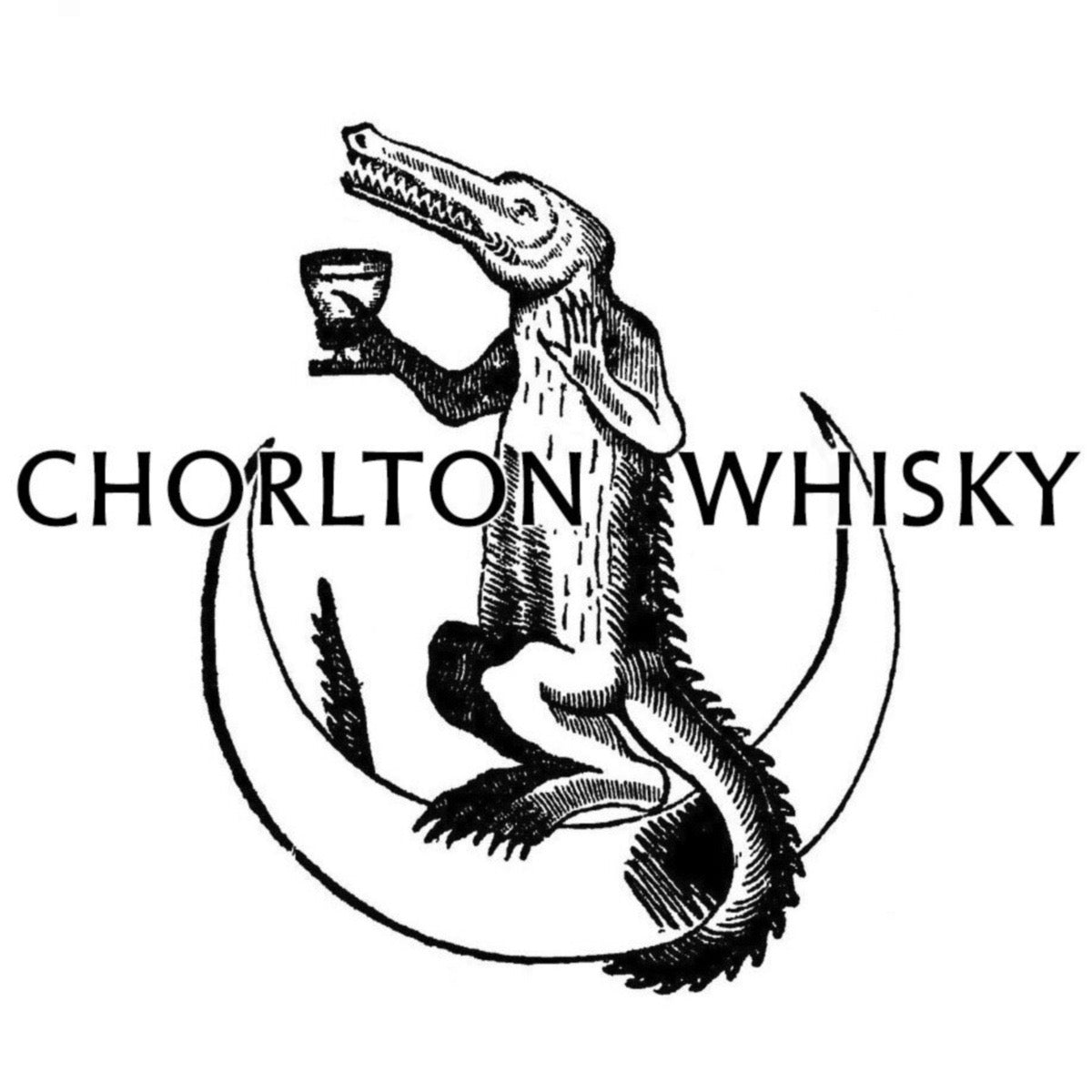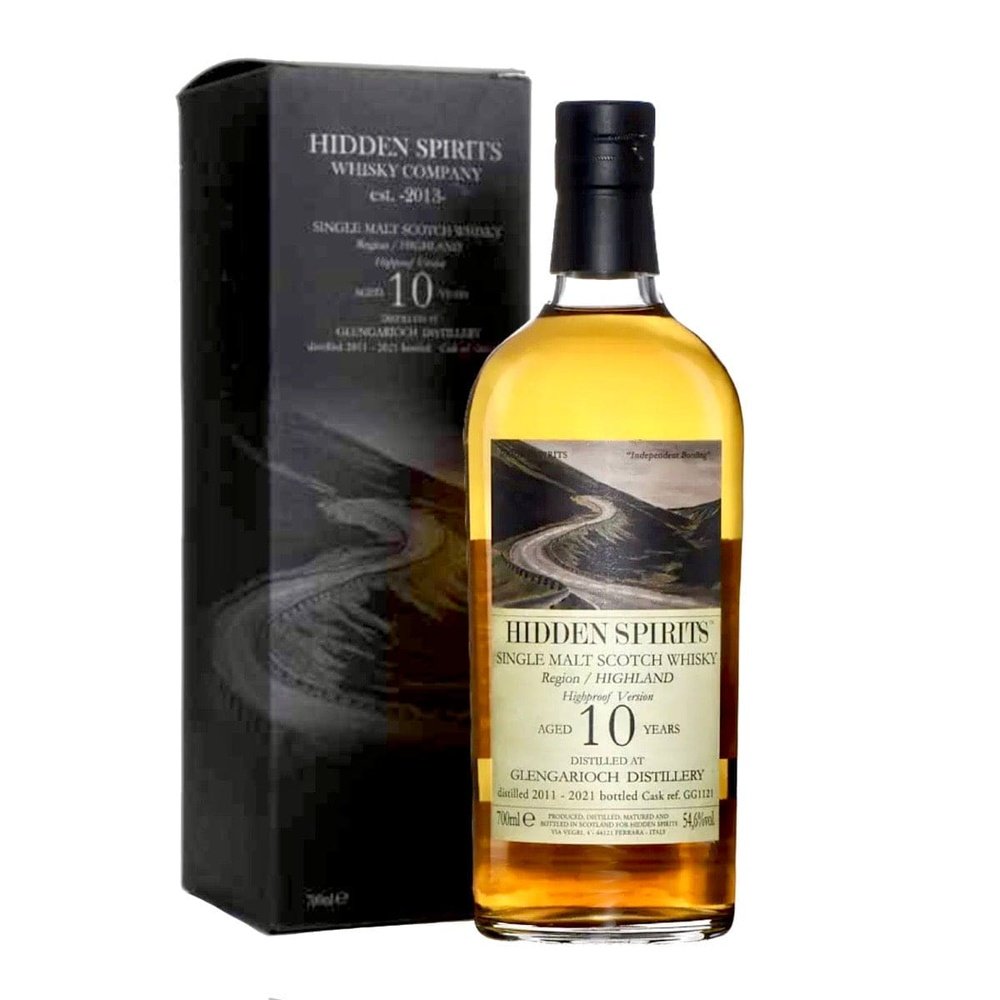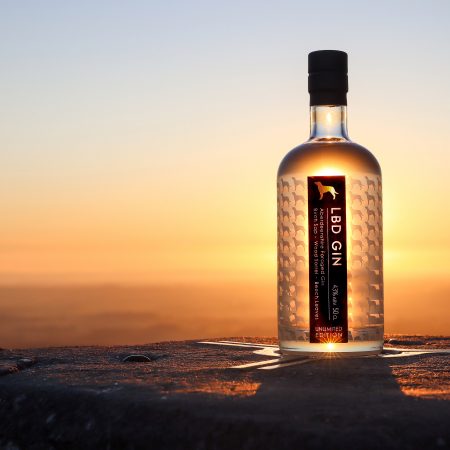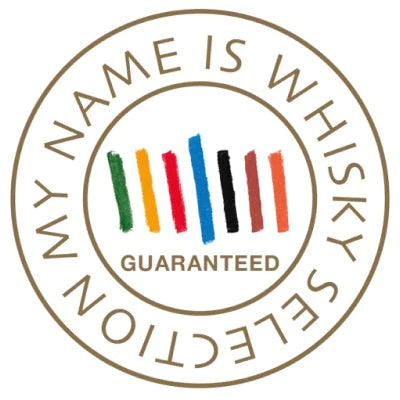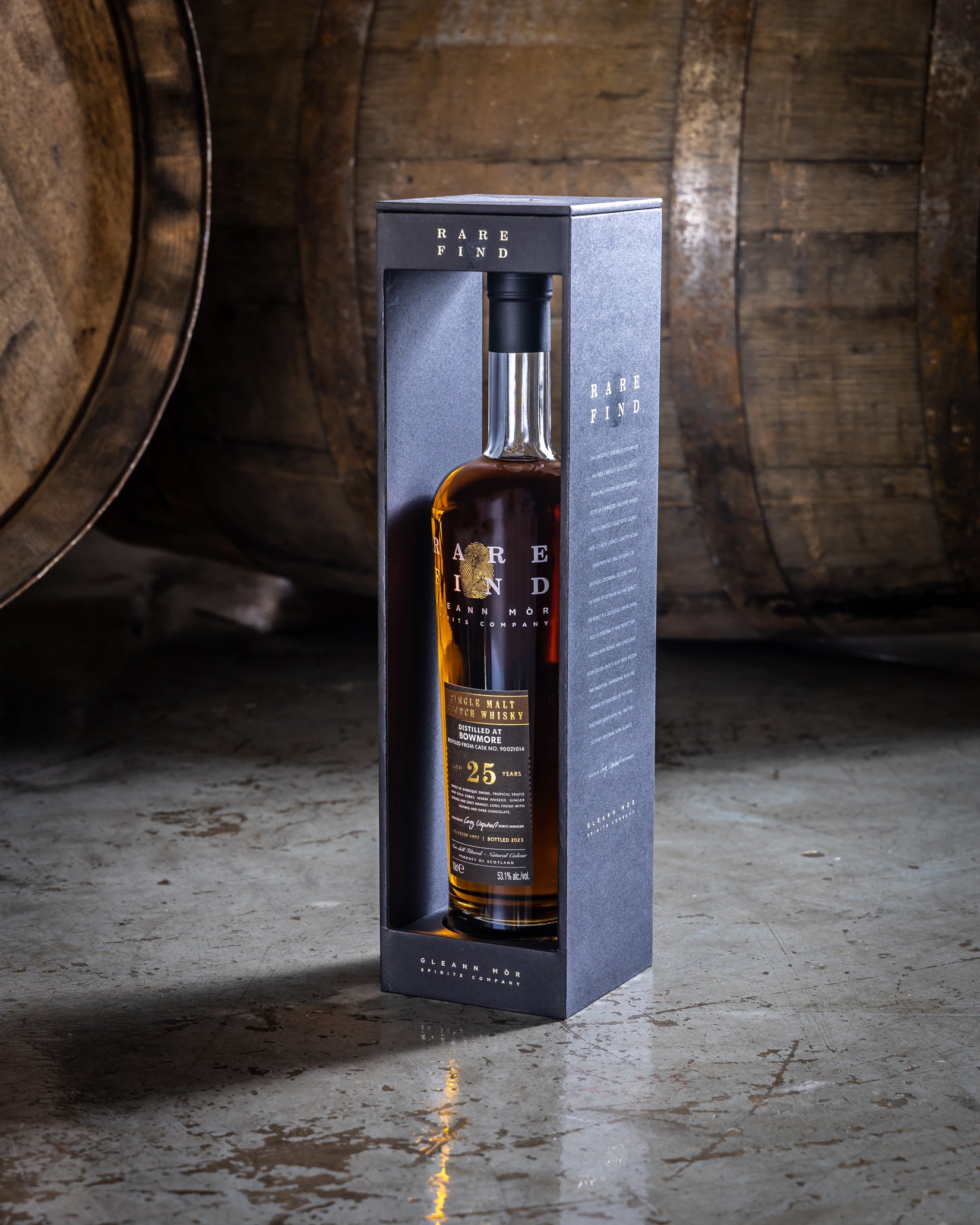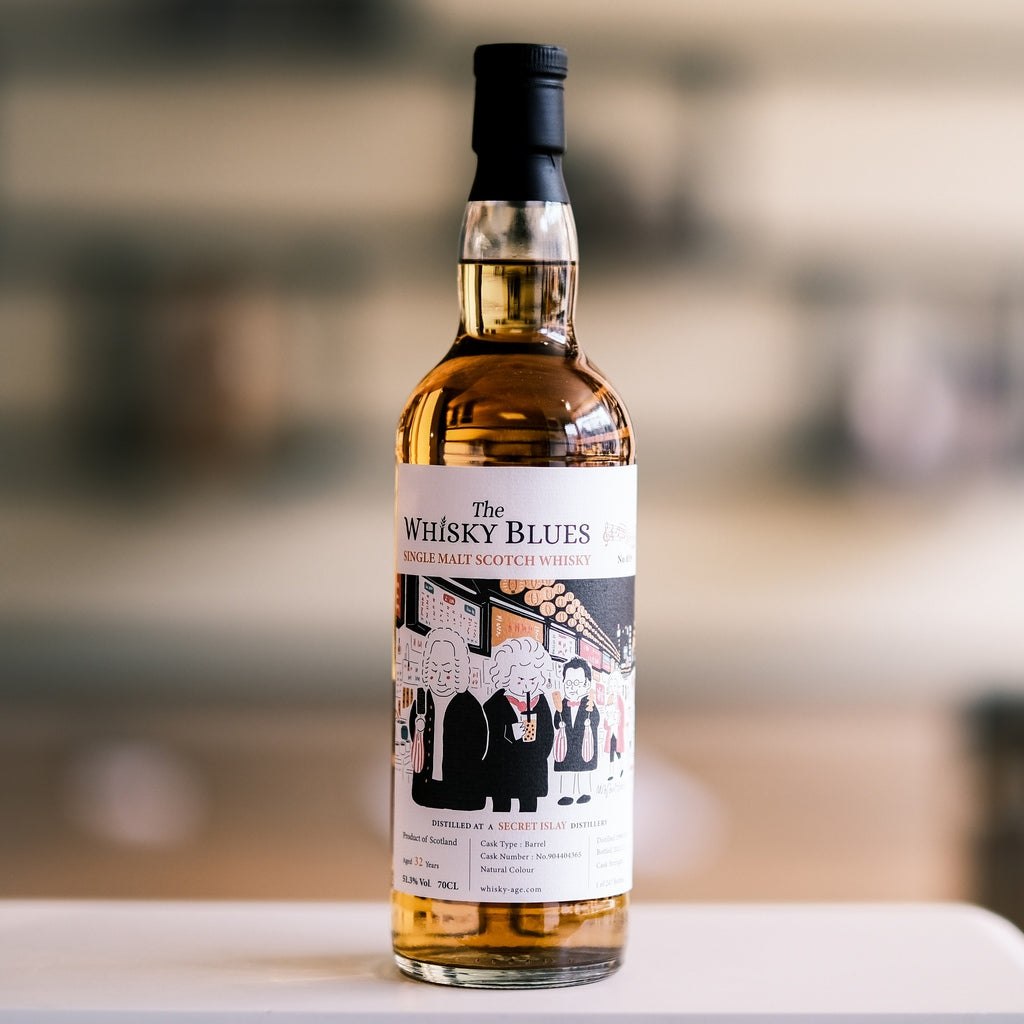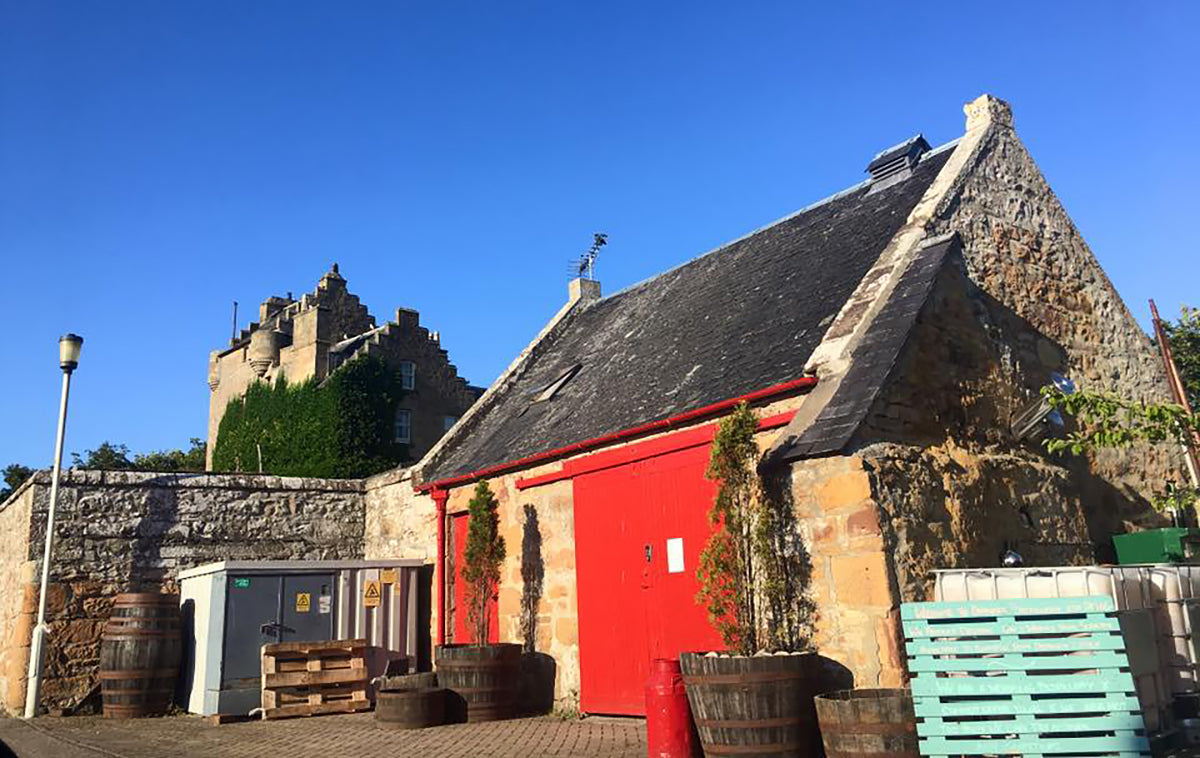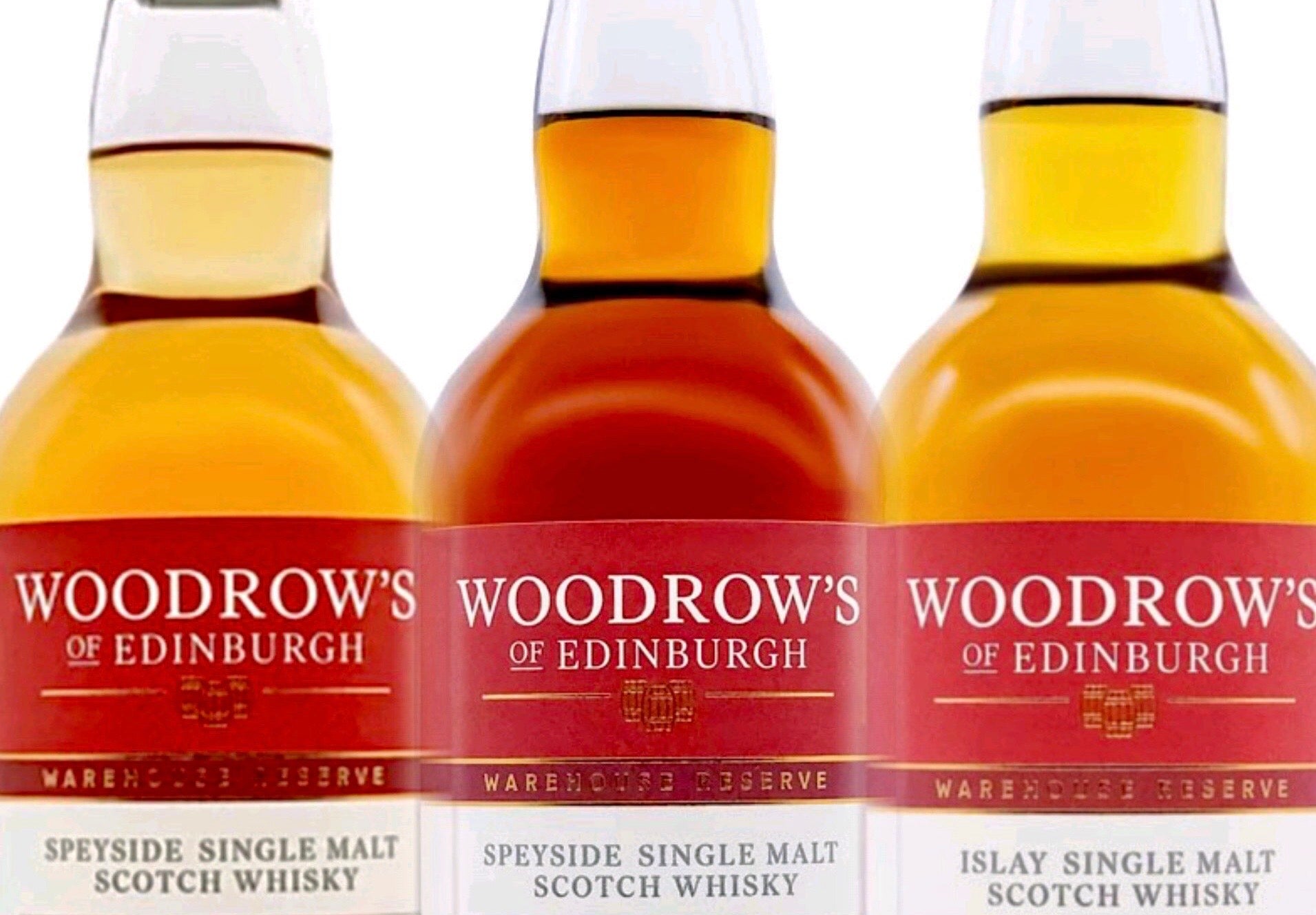Independent Bottlers
What is an Independent Bottler?
Independent bottlers have existed for as long as the commercial whisky trade. Separate from distilleries and brands, these businesses buy casks to age, sometimes blend, and bottle themselves. Often they select casks that offer something different from a signature distillery character. Sometimes independent bottlers create their own brands – for example, Elements of Islay, That Boutique-y Whisky Company, The Whisky Sponge – but often they release whiskies under their own name. While they don’t distil themselves, independent bottlers help promote diversity of styles and flavours in the whisky industry. They can offer extraordinary value for money, too.
How are Independent Bottlings Unique?
Independent bottlings often – but not always – take the form of single cask releases. An entire cask will be bottled and released to showcase the uniqueness of that whisky. Every cask is completely individual in terms of flavour development, making single cask whiskies a once-in-a-lifetime opportunity to experience that particular expression. They are inherently incredibly limited, too. Once that whisky has gone, it truly is gone forever.
Sometimes a distillery will ‘teaspoon’ a cask with a tiny amount of another single malt prior to it being sold. This creates a blended malt – now two distilleries are present in that cask. This prevents an independent bottler from releasing independent bottlers using a distilleries name. While it may seem petty, it is usually done to protect the signature character of the whisky associated with a particular distillery. For example, if a Laphroaig cask had, for some reason, developed with muted peat notes, it wouldn’t be a good representation of the distillery. By teaspooning it with something else, it could never be released with the Laphroaig label.
Many independent bottlers, whether releasing single casks or not, will launch whiskies at natural colour and without chill-filtration. ‘Natural colour’ just means that no E150a caramel colouring has been included – the whisky looks exactly as it did when it came out of the cask. Any inconsistencies that the colouring is used to smooth out are fully embraced. Chill-filtration is a production step for most whiskies prior to bottling. It typically happens when whiskies are bottled under 46% ABV. Chill-filtration prevents a spirit from hazing – where, when it gets cold or if water is added, tiny particles can come out of solution. There’s nothing wrong with a whisky when this happens – it just goes a little bit cloudy, which some drinkers may find off-putting. Some whisky drinkers believe that filtering these particles out negatively affects mouthfeel and texture. As such, many independent bottlers choose not to chill-filter their whiskies.
Most independently bottled whiskies, especially single casks, are one-off, flavour-forward bottlings. Highly limited, they offer unique drinking experiences and are very different to big-name brands.
Who are the Best Independent Bottlers?
Independent whisky bottlers are found all over the world. This is a list of some of our favourites.
Milroy’s of Soho
That’s us! We partner with friends from across the industry to source and share whiskies we love.
Douglas Laing
Celebrated Glasgow-based bottler with releases including Big Peat and Timorous Beastie.
Gordon & MacPhail
One of the best-known names for old and rare whisky expressions.
Compass Box
Celebrated, creative whisky-making with a focus on the artistry of blending.
Cadenhead’s
A traditional retailer that offers its own bottlings steeped in its heritage – thought to be the first of its kind.
Berry Bros & Rudd
Perhaps better known for its wine retailing, Berry Bros also offers its own independently bottled spirits.
Adelphi
Like many on this list, the bottler and blender has expanded into its own distillery operations.
Murray McDavid
Known for its flavour-forward approaches and bold finishes, Murray McDavid is a bottler to watch.
Ian Macleod
Parent company of Rosebank and Glengoyne, Ian Macleod is also known for its own blends and bottlings.
Duncan Taylor
A bottler offering the full spectrum, from more accessibly priced, young whiskies up to breathtakingly old and rare releases.
Dràm Mòr
A real single cask specialist, founded back in 2009 by husband and wife duo, Kenny and Viktorija Macdonald.
Càrn Mòr
Owned by Morrison Scotch Whisky Distillers, this bottler can trace its roots back to 18th century grocers.
That Boutique-y Whisky Company
Owned by the company behind Master of Malt, Boutique-y bottlings are often released in themed collections with cartoon-like labels.
Speciality Drinks
What started as an independent bottler now boasts brands such as Port Askaig, Elements of Islay, and Single Malts of Scotland.
Whisky Sponge
The acerbic industry critic turned bottler, Whisky Sponge releases are renowned for their quality.
Fruitful Spirits
Both a cask merchant and independent bottler, Fruitful spirits takes a wood-forward approach to its whisky management.
Rare Find
Its distinctive bottlings span all manner of flavour profiles, often from some of Scotland’s most celebrated distilleries.
Thompson Bros
The heritage obsessed brothers behind the bottler have set up Dornoch Distillery as well as releasing their independent expressions.
James Eadie
Whiskies inspired by the ledgers kept by the 19th century brewer who gives the company its name.
Maltbarn
Small, family-run Germany-based bottler with the philosophy to only sell whisky they would want to drink themselves.
History of Bottlers
Independent bottlers have existed for as long as the commercial whisky trade. For more than a century, distilleries have sold casks to make extra income. Back in the late 18th and 19th centuries, it was completely normal for the average grocer to sell its own version of an independently blended and bottled whisky. Scotland’s first independent bottler is thought to be Cadenhead’s, which was founded by William Cadenhead in Aberdeen in 1842.
However, whiskies fortunes have ebbed and flowed since that time – and so independent bottlers have gone through better and worse times. The 1940s to 1980s were particularly challenging, as distilleries closed and sales dried up. Many small independent bottlers shuttered. But as interest in single malts soared from the late 1990s onwards, more bottlers entered the market. Today, independent bottlers are flourishing as whisky lovers seek out more unique, unusual flavour experiences.
Future of Independent Bottlers
As independent bottlers have grown in popularity, so too have their ambitions. Makers that started predominantly in cask sourcing have today developed brands that are sought-after in their own right. Elements of Islay and Big Peat are two examples where independent releases gained this level of momentum.
For others, owning their own distilleries has become a key focus – perhaps taking the industry full circle. Douglas Laing has Strathearn Distillery, and Gordon & MacPhail owns Benromach and The Cairn, as a handful of examples. This follows the distillery boom across Scotland and beyond. In the last decade, numerous new makers have sprung up, and now independent bottlers are among them.
What does this mean for the industry? Ultimately more whisky could mean more trading, more literal and financial liquidity, and more spirit to meet the demands of thirsty emerging markets. There is concern that the influx of new distilleries could result in a surplus ‘whisky loch’, as seen in the 1970s and 1980s. Time will tell – but there’s no doubt that independent bottlers inject a vibrancy into an industry which otherwise could lack innovation.
FAQs
What is the oldest independent bottler in Scotland?
Cadenhead’s is widely documented as Scotland’s oldest independent bottler. It was founded in Aberdeen in 1842. It still sells whisky from its shops today.
Can I bottle my own whisky?
It is possible to bottle your own whisky, but it can be complex. Aside from ‘bottle your own’ expressions, like the set-ups offered by many distilleries, bottling your own whisky usually requires access to a cask – which can bring many logistical challenges from duties to dry goods. The best bet is to contact an independent bottler or broker and enlist them to help. Reach out to us at Milroy’s to discuss your requirements – we’ll likely be able to bottle whisky on your behalf: orders@milroys.co.uk
What are independently bottled whiskies?
Independently bottled whiskies are expressions released by third-parties – so not the distilleries themselves. These companies buy casks from distilleries directly or from brokers. They are then often released as single casks.


